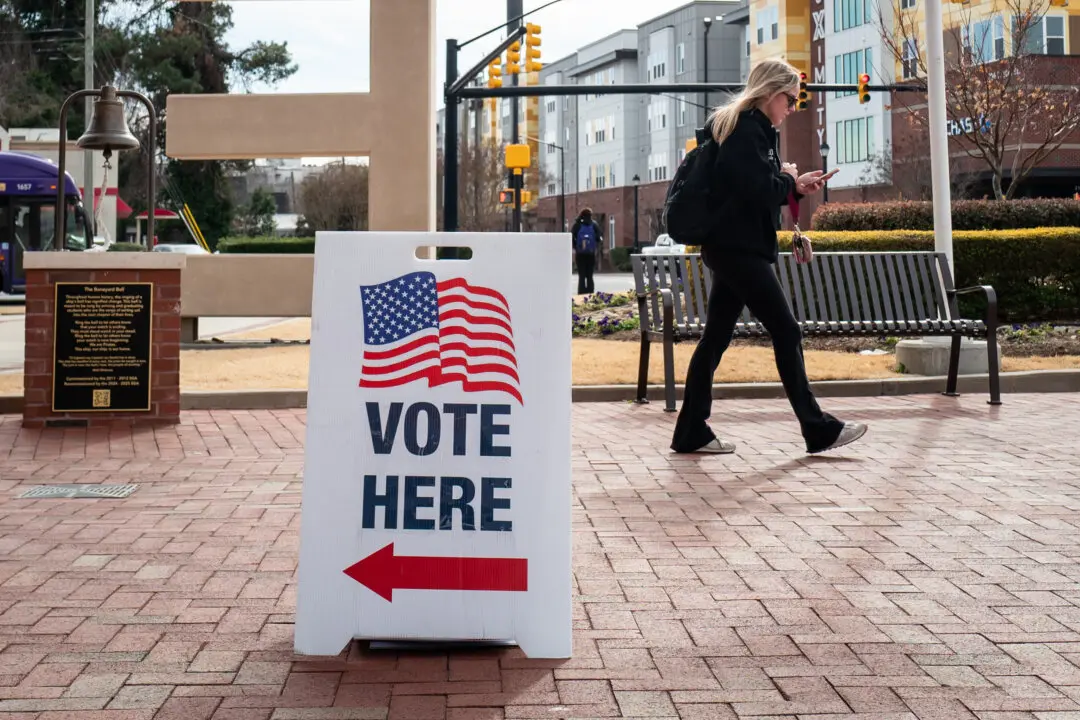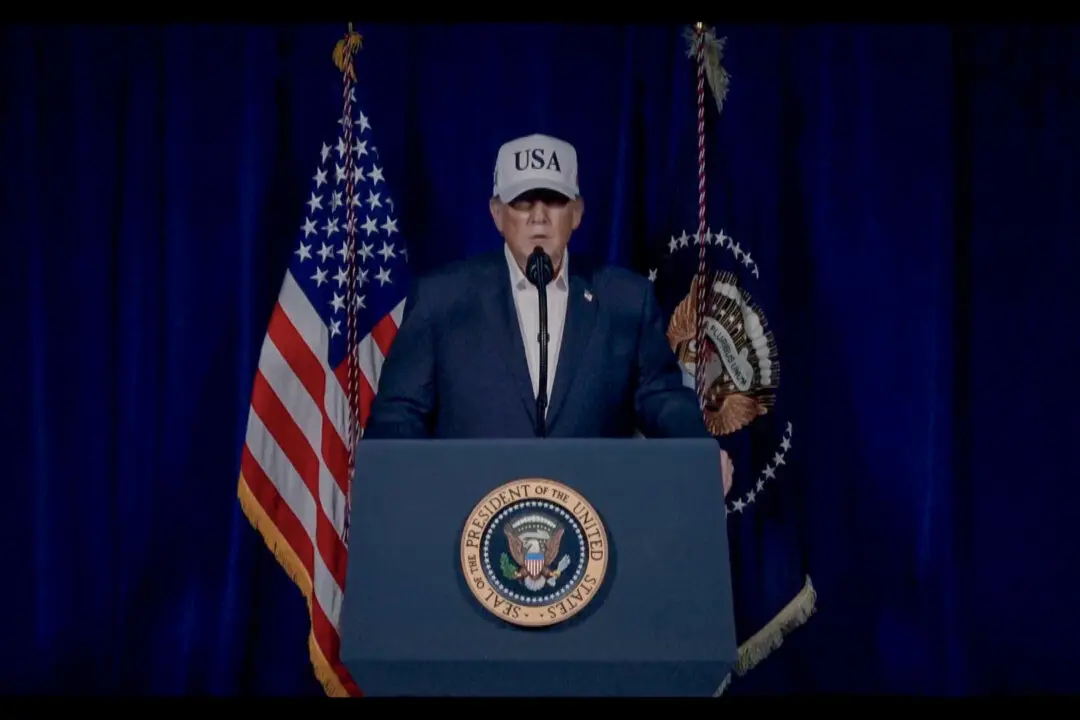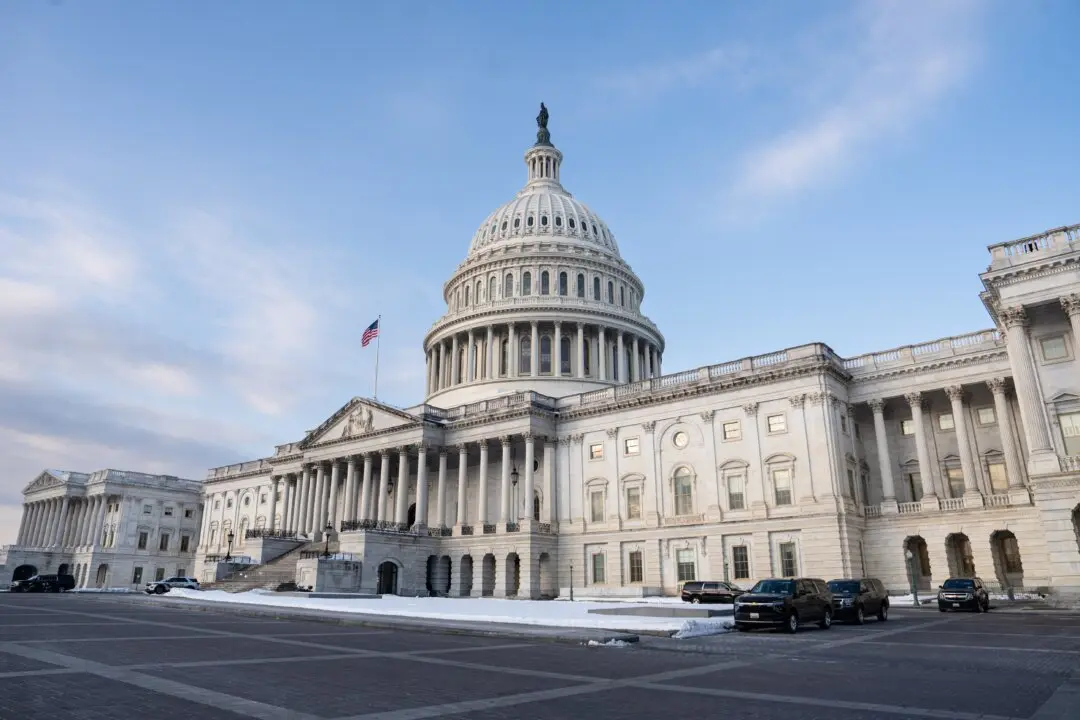In a rare show of bipartisanship highlighting increasing awareness of the dangers China poses to U.S. national security, a Republican and a Democrat in the House of Representatives are teaming up to introduce a bill to counter coercive economic practices by the largest remaining communist state.
The bill, titled the “Countering China Economic Coercion Act,” is spearheaded by Reps. Ami Bera (D-Calif.) and Ann Wagner (R-Mo.).





